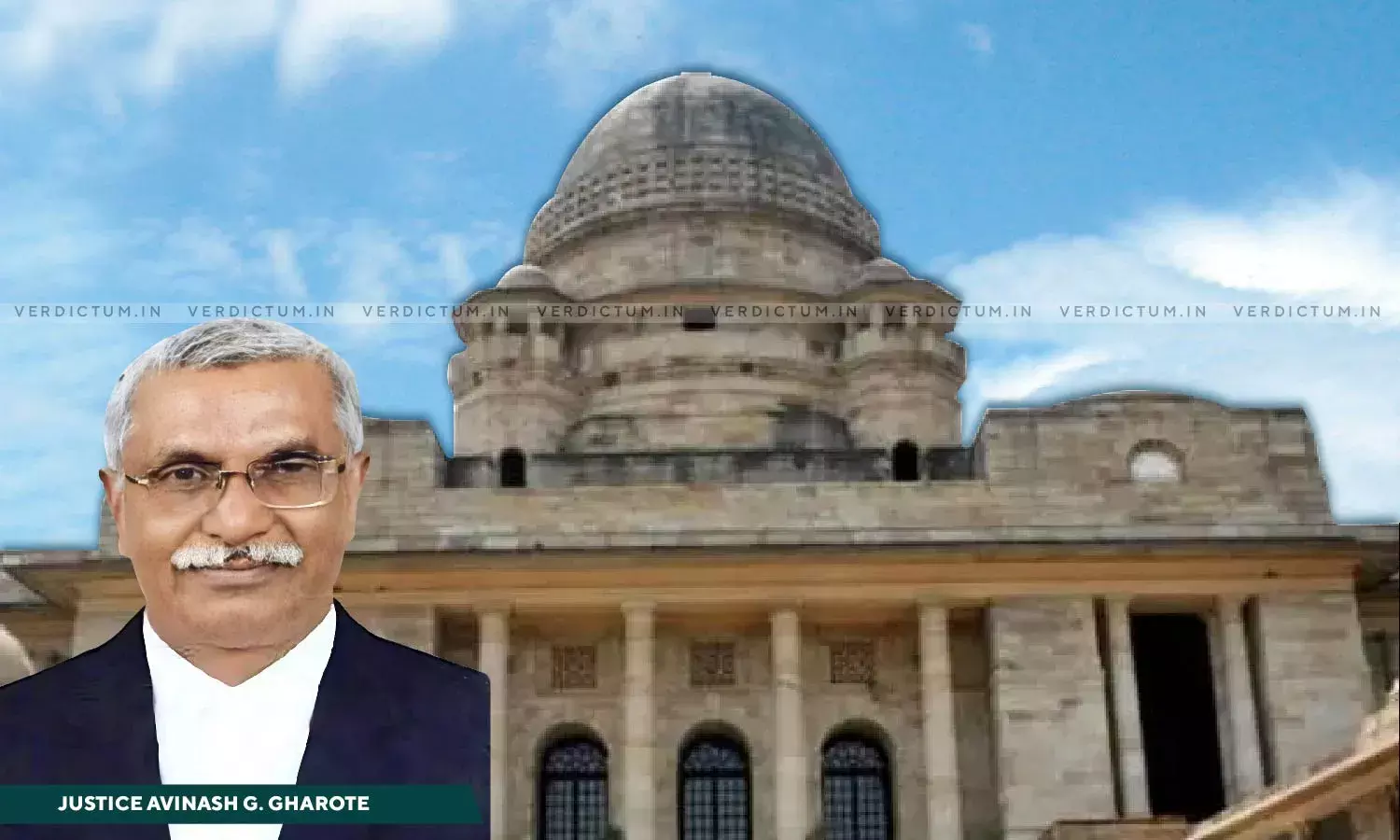Language Of Termination Letter Cannot Be Stigmatic If It Does Not Cast Any Doubt On Conduct & Character Of Probationary Employee: Bombay HC

The Bombay High Court, Nagpur bench, dismissed the Petition of a probationary peon who was terminated from his job at the college through a termination letter. The Court ruled that a termination letter is considered stigmatic only if it casts doubt on the employee's conduct or character.
Before termination, the performance of the employee should be assessed and any deficiencies should be addressed. If there is no material connecting the enquiry with termination, it cannot be considered stigmatic, the Court emphasized.
Justice Avinash G. Gharote observed, “When the language of the termination letter does not cast any aspersions or doubt on the conduct and character of the probationer, the same cannot be considered to be stigmatic…Communications/letters referred to in the order of termination can be looked into to determine whether the termination is simplicitor for unsatisfactory performance or stigmatic…Before termination of a probationer, the assessment of his performance should be made and any deficiencies noticed should be brought to his notice, so as to afford him an opportunity to improve…In order to amount to a stigma, the order must be in a language which imputes something over and above mere unsuitability for the job…If there is no material on record to connect the enquiry with the order of termination or if the termination is not based on such enquiry then also the termination cannot be held to be stigmatic”.
Advocate P.S. Patil appeared for the Petitioner, Advocate H.D. Dangre appeared for Respondents no. 1 & 2, Additional Government Pleader M.A. Barabde appeared for Respondent no. 3 and Advocate Gauri Venkatraman appeared for the Respondent no. 4.
A Writ Petition was filed challenging the judgment of the Presiding Officer of the University and College Tribunal (Tribunal) under Section 81 of the Maharashtra Public Universities Act, 2016 (Act). The Petitioner had filed before the Tribunal seeking to quash the notice of termination issued by Respondent no.2. The Tribunal dismissed the appeal filed by the Petitioner.
The Court noted that the Petitioner was terminated after the probation period due to a lack of improvement despite multiple requests. The Court stated that probation is meant to observe an employee's performance and suitability for the job and that improvement opportunities may be given orally.
The Court held that an employer can end the employment of a probationary employee if their performance is deemed unsatisfactory, but only after giving due opportunity to the employee to improve his performance.
Further, the Court noted that the test to ascertain whether termination is punitive or not is dependent on three factors: a full-scale formal inquiry into allegations of misconduct, finding out the truth of the misconduct, and a finding of guilt. If all three factors are present, the termination is considered punitive, the Court asserted.
“The tests to determine whether in substance an order of termination is punitive is to see whether prior to the termination there was (a) a full-scale formal enquiry (b) into allegations involving moral turpitude or misconduct to find out the truth of that misconduct which (c) culminated in a finding of guilt. If all three factors are present the termination should be held to be punitive irrespective of the form of the termination order, as the enquiry would be held not for assessing the general suitability of the employee for the post in question, but to find out the truth of allegations of misconduct against that employee”, the Court observed.
Furthermore, the Court noted that no enquiry was conducted into the behavior of the petitioner in relation to what has been stated in the said communications.
The Court thus added that the termination letter was not harsh and simply stated that despite numerous opportunities to improve, the Petitioner's performance did not meet expectations. The Court while placing reliance on Supreme Court Judgement in the case of Dr. Mrs. Sumati P. Shere Vs. Union of India and others [(1989) 3 SCC 311], which requires the opportunity to improve, asserted that such an opportunity was granted to the Petitioner. Therefore, the Court held that no interference was needed in the impugned judgment.
Accordingly, the Court dismissed the Writ Petition.
Cause Title: Sushind Kisan Rathod v. Rajashree Shahu Science College

